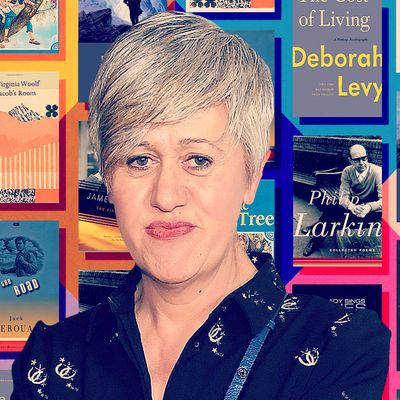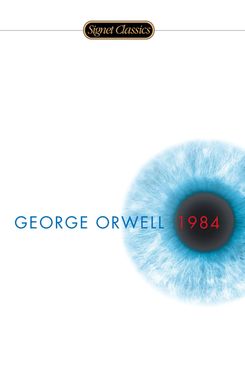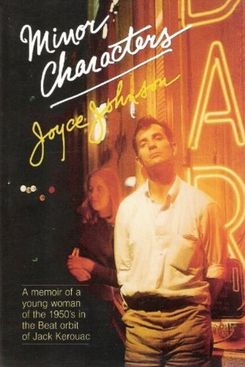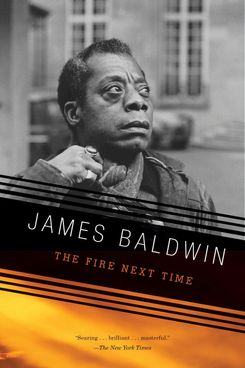
Bookseller One Grand Books has asked celebrities to name the ten titles they’d take to a desert island, and they’ve shared the results with Vulture. Below is English singer-songwriter Tracey Thorn’s list.
The books that make up The Faraway Tree series are the books of my childhood, the most vivid early memories I have of stories and reading. My mum read them aloud to me and my sister, and the characters in them were as real to me as the next-door neighbors. The actual faraway tree was a tall oak at the end of our garden. I truly believed that.
Honestly, I could choose anything by Orwell. I read him as a teen and loved him. That advice of his about good prose being like a window pane? I always have that in the back of my mind. It jibes with how I instinctively feel about writing.
I read this at the same time as I discovered her music. It’s very shocking, full of sexual abuse, drug addiction, violence, and racism, and opened my eyes to a lot of things I hadn’t known about or understood. It made me realize where songs like “Strange Fruit” had come from. The rawness of those songs had their roots in a devastating history of life experience.
Another one I read as a teen. And didn’t just read, but carried around with me, wore it like a badge, thought it said everything about who I was: a beatnik in suburbia. I haven’t read it since, and part of me thinks now it might be awful. But I will stay true, and state for the record how much I loved it at 19.
Then in 1987 I read this, which tells the story of Johnson’s affair with Kerouac, and gives a behind-the-scenes true story of the Beat generation, and more specifically, the women involved with them who are the “minor characters” of the title. I immediately saw what I had missed at the time, and this book continued my feminist education.
His writing, like his thinking, is so clear and beautiful, always eloquent and elegant even when he is writing, as here, about race and religion. There is anger, of course, but somehow he also manages to be witty, and so, so clever. I always imagine he must have been brilliant company.
Imagine being an 18-year-old girl, on holiday with two radical poets, and coming up with an idea for a gothic horror novel that also more or less invents the genre of science fiction, which then goes on to become such a huge and enduring success, constantly open to reinterpretation and reimagining, that it still seems vivid and alive 200 years later.
This was the first book I read and properly analyzed at university. It struck me as the first book I’d read that got inside people’s heads. A character, Jacob, is presented to us via the impressions of others, showing just how subjective is our version of reality. I was astonished by it, and reading it was a light-bulb moment for me; it was a revelation that other people were thinking and feeling all this stuff all the time. I’d thought it was just me.
It’s not so easy now to admit to liking Larkin. We know too much about him as a person, because of diaries and letters that have been published, and it’s diminished his reputation somewhat, knowing that he was narrow-minded, stuffy, prejudiced. Yet still the poems are full of insight and empathy. They catalogue the endless little failures of life, all the compromises, all the missteps.
This speaks very directly to the person I am right now. Observations from a woman in middle age on marriage, divorce, freedom, and countless other things. She notices everything and records it in an unconventional way. And for anyone writing nonfiction, it’s a master class in how to do it.











